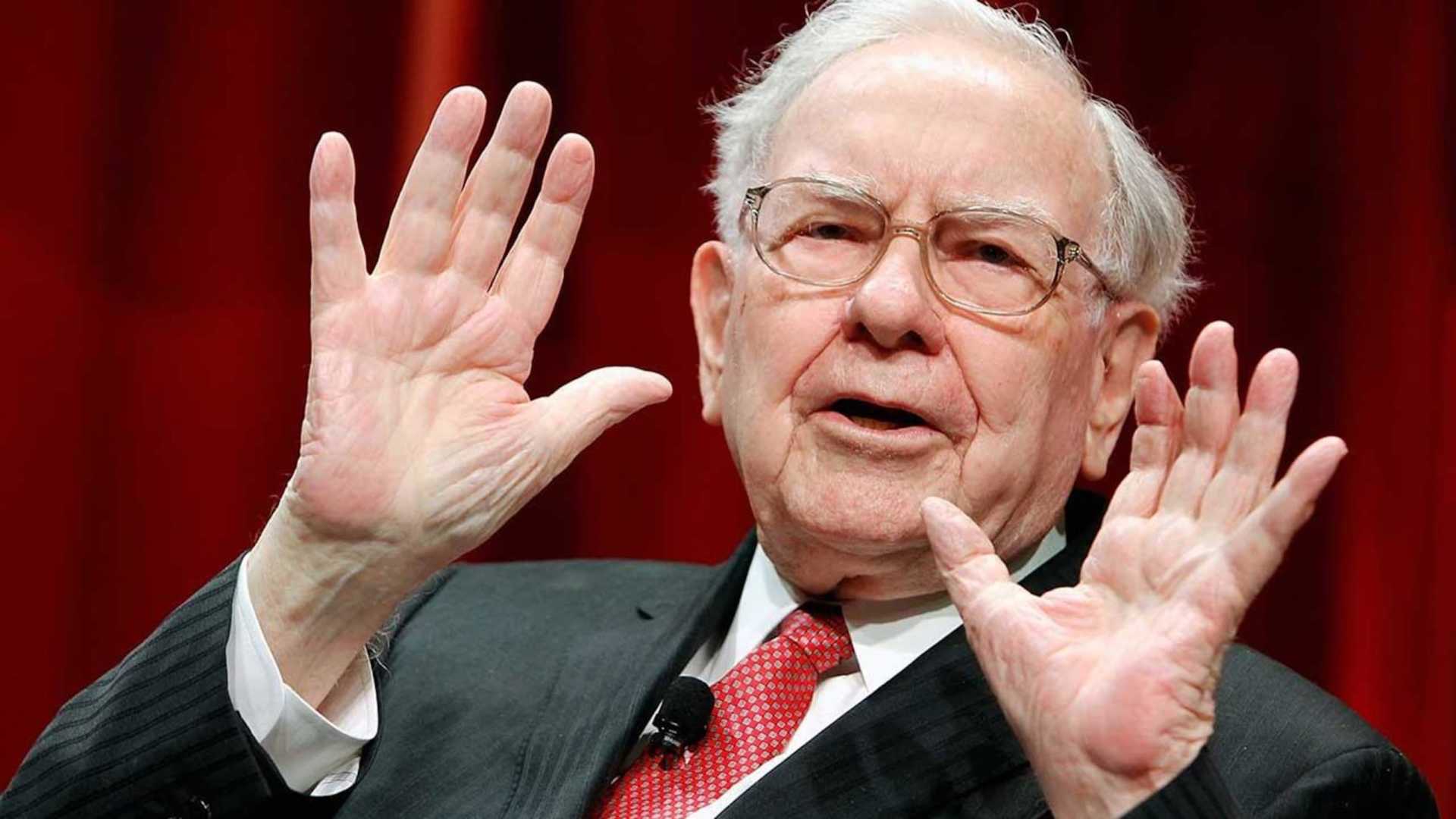Business
Warren Buffett’s $36 Billion Selling Spree: What’s Behind the Move?

Warren Buffett, the CEO of Berkshire Hathaway and one of the most revered investors on Wall Street, has been on a significant selling spree in recent quarters. According to Berkshire’s latest cash flow statement, the company sold approximately $36 billion in equity securities during the quarter ending September 30, 2024. This selling activity is part of a larger trend, with Berkshire having sold $166.2 billion more in stocks than it has purchased over the last two years.
The bulk of this selling can be attributed to just three stocks. Bank of America (BAC) tops the list, with Berkshire selling around 235.17 million shares, valued at $9.61 billion. This sale reduced Berkshire’s stake in Bank of America, which was once its second-largest holding, to below 10%.
Another significant sale involves Apple, although the exact figures for the third quarter are not detailed in the latest reports. However, it is known that Berkshire has sold approximately $100 billion of Apple shares in 2024, missing out on about $20 billion in potential gains.
In addition to these major sales, Berkshire also sold a smaller amount of shares in the Chinese electric-vehicle manufacturer BYD. This sale of 1,395,500 shares, valued at $44.3 million, was primarily aimed at reducing Berkshire’s stake in BYD below the 5% threshold that requires regulatory filings.
Buffett’s aggressive selling has raised questions about his market outlook. Historically, Buffett has been known for holding onto quality stocks for the long haul, but his current actions suggest he may be bracing for a potential market downturn. The last time Berkshire amassed such a large cash reserve was in the lead-up to the 2008 financial crisis, when Buffett saw warning signs and seized opportunities to buy when others were forced to sell.
Buffett’s caution against market conditions is also reflected in his long-standing aversion to excessive leverage. During the 1999 Berkshire Hathaway Annual Meeting, Buffett warned against the dangers of using risky, leveraged instruments, likening it to playing Russian roulette due to the high risk of failure despite temporary gains.












